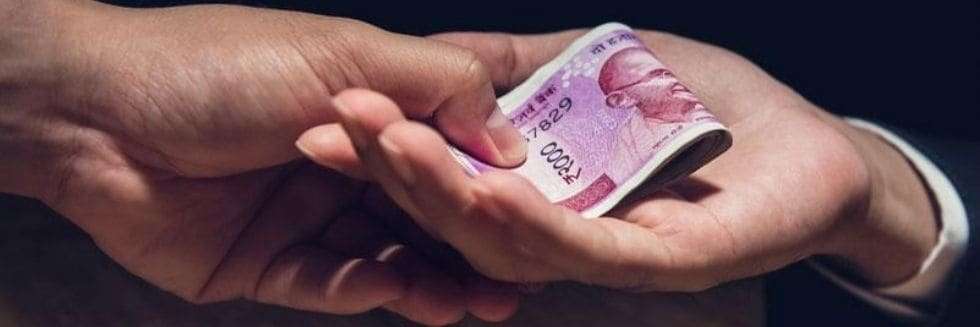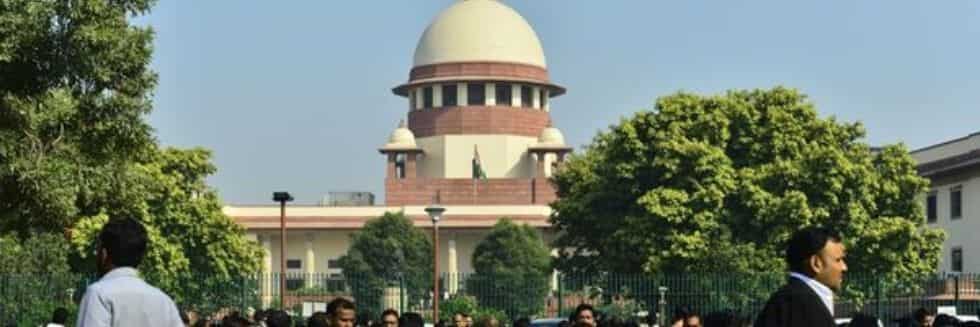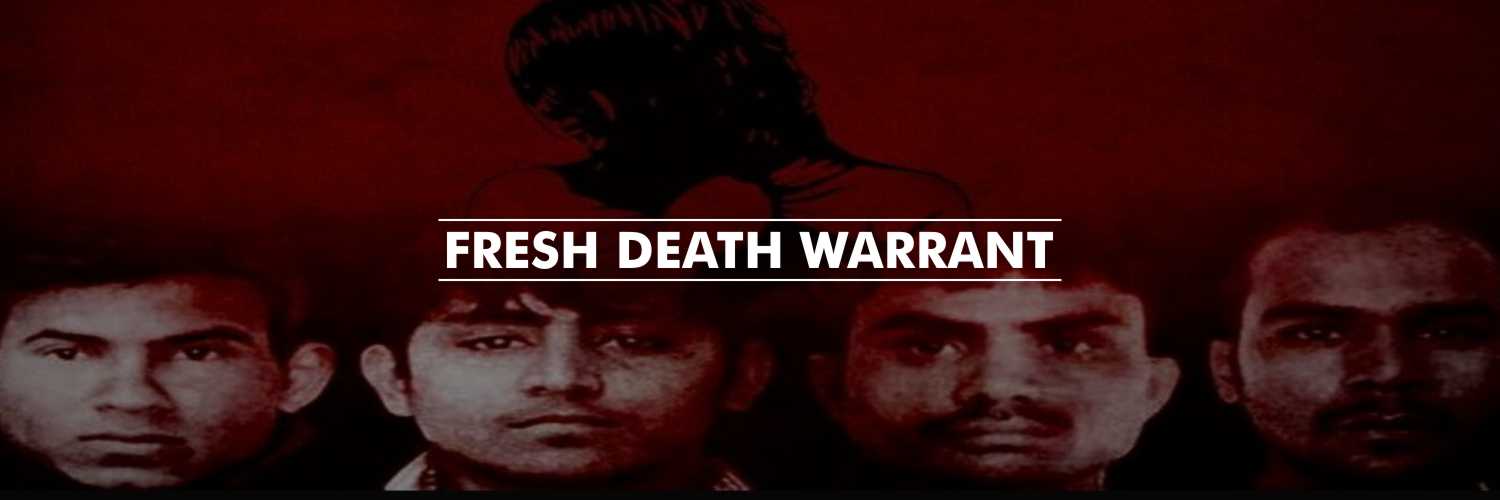Bombay High Court quashed the conviction of a peon by Thane Court in a Rs 300 bribery case. The court observed that mere recovery of tainted money is not sufficient for graft conviction.
Single judge bench of Justice S K Shinde noted, “Mere receipt of the amount by accused is not sufficient to fasten guilt in absence of any evidence of demand and acceptance of the amount as illegal gratification.”
The court was hearing a plea filed by the accused peon Raju Kakphale against his conviction by a Thane court sentencing him to one year of imprisonment and Rs 2,000 fine for the criminal misconduct by a public servant under the Prevention of Corruption Act.
“Illegal gratification is sine-qua-non (absolutely essential) for constituting an offence under the Prevention of Corruption Act, 1988,” the court said.
An illegal gratification is the money or any reward taken that is beyond legal remuneration for official acts by a public servant.
The High Court bench found the case of prosecution ‘not only unclear but debatable’. The court also mentioned that the complainant is already familiar with the court proceedings as he had been acquitted in a 2008 case, an accused in a 2011 case, and complainant in another legal matter.
The complainant was acquitted by a Thane Judicial Magistrate Court first class on January 31, 2008. He submitted in his complaint that he applied and paid for the copy of judgment. He was informed that he is going to get the copy on February 4.
But, Raju Kakphale, the peon attached to the Judicial Magistrate demanded Rs 2,000 for the urgent delivery of the judgment copy. The complainant further submitted that he paid rs 300 to Kakphale to get the copy as he needed it on an urgent basis to file proceedings in High Court. Kakphale gave him his phone number and asked him to contact him on February 2.
The complainant then contacted the Thane anti-corruption bureau and laid a trap after getting permission from the district judge of Thane. He went to Kakphale on February 2 with a digital voice recorder in his shirt pocket, a pancha, and the raiding team. He gave Rs 900 in an anthracene coated currency which was later discovered by the raiding team.
However, Satyavrat Joshi, the counsel appearing for Kakphale argued that his client is attached to the courtroom and not to the judgment copy section. “Hence assuming, without admitting, he had received any money, it could not have been for his official duties,” Joshi said.
Advocate Joshi also raised questions against the Pancha’s evidence that Kakphale had a photocopy of the judgment at the time of raid. The High Court also found it improbable as the steno was going to type it on February 3.
The High Court stated that assuming his client had the photocopy, why had the investigating team not confiscated and produced it during trial. “It is therefore, unclear” why he would approach the accused, when the certified copy section was to give him a copy on February 4,” the court said.
Additional public prosecutor Veera Shinde argued that the evidence of taped conversation was proof of palm greasing. However, the High Court has discarded the secondary electronic evidence as admissible considering the fact that the prosecution has not submitted its authenticity certificate under Section 65-B of the Evidence Act.
The police submitted that the original recording was erased after transferring it to a disc, but the officer didn’t depose.






